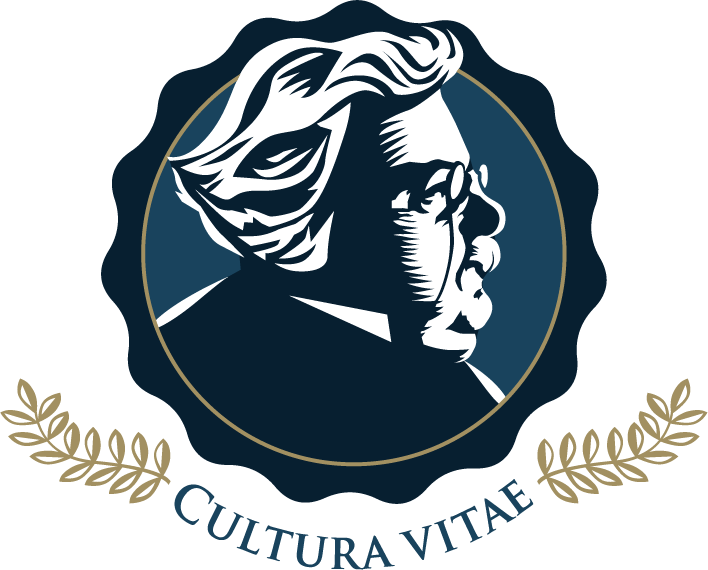3 Reasons why Classical Education is Exploding across the Country
Friends,
I hope you are having a wonderful end to your summer and are able to keep cool during these hot days. I have been in Chicago the past week at the Chesterton Schools Conference with administrators and teachers from all over the country. This is a huge movement that we blessed to take part in! There will be 47 Chesterton Academies by the fall of 2022, including one in Africa and another in Iraq! While I’m not surprised by the success of the Chesterton network, I wanted to take a minute and share why I think there is such a groundswell of interest in classical education. Three things immediately jump to mind.
First, many of the old prejudices are starting to fall away, that is, people are starting to recognize that the ‘classical’ or ‘liberal arts’ tradition that stretched from the ancient Greeks up until the mid 20th century is not just for traditionalists or people who love old books, but is central to the flourishing of the human person. More people are realizing that the anthropology that underlies modern education is flawed. They are realizing that the human person is not a computer. People are returning to the classical approach since it seeks to form the entire person, body and soul, by ‘midwifing’ knowledge via socratic dialogue, rather than attempt to upload data with the ‘drill & kill’ method of lecture and memorization (the modern approach to education).
Second, it’s becoming more clear that we have to teach people how to think instead of just telling them what to think. In an age of ‘fake news’ and rampant ideology, students are tired of being told what to believe and are suspicious of anything that they themselves cannot verify or ‘see for themselves.’ The classical model is gaining momentum since their teachers challenge students by leading with a question that forces them to think for themselves. Rather than lecturing, the teacher leads their reading but is otherwise silent, giving them the opportunity to debate the issues among themselves, and only occasionally guiding the discussion to the most crucial points. The goal is not memorization but the recognition of the truth of the matter and its connection to real life. Seeing a student’s eyes light up at recognizing the heart of the matter and excitedly share their breakthrough is the goal of classical teachers and not merely having them score well on standardized tests (though they do this as well!).
Third, unlike the secular model of education which avoids any discussion of truth, values, or purpose, the classical approach provides students a foundation for life-long learning by affirming that truth does exist, it is worth knowing, and that they are not cosmic accidents but were created by God with a specific purpose for their life. Without these beliefs, the modern or ‘progressive’ model of education that started in the 1930s and 40s by John Dewey leaves students directionless and adrift, wondering why they should memorize something that they can look up on their phone in five seconds. In addition, the secular approach started as an explicit rejection of the classical and Christian tradition as Dewey changed the purpose of education from searching for wisdom and cultivating virtue to merely training workers for the workforce. The irony is that classical education actually prepares students better for the workforce! But that is a discussion for next time as this post has gotten out of hand. Sorry!
Stay tuned as I will be sharing more about what makes classical education unique in the coming weeks and months.
In Christ,
Dr. Murray
